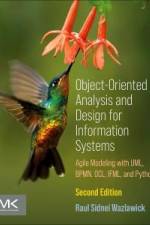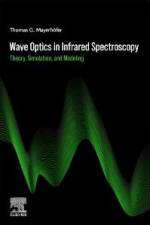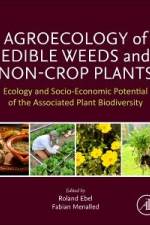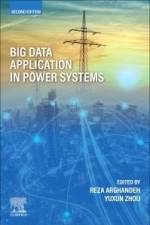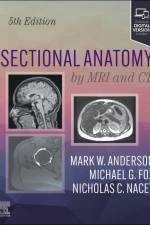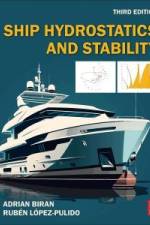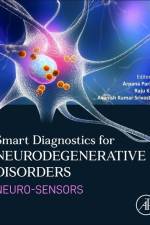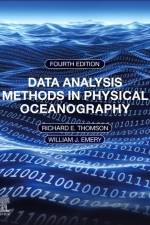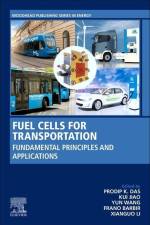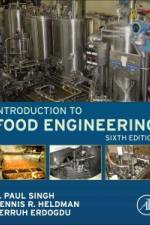von Yvonne Maldonado
241,00 €
**Selected for Doody’s Core Titles® 2024 in Infectious Disease**A must-have reference for all clinicians who need comprehensive, in-depth advice and recommendations in this complex field, Remington and Klein's Infectious Diseases of the Fetus and Newborn Infant, 9th Edition, provides expert coverage from the world’s leading authorities in immunology and infectious diseases. It offers the most up-to-date and complete guidance on infections found in utero, during delivery, and in the neonatal period in both premature and term infants-indispensable information for all clinicians who are involved in the care and well-being of these vulnerable patient populations. Three new associate editors and many new contributing authors bring new insight and a fresh perspective throughout the text.Provides a detailed summation of existing information on fetal and neonatal infections, ideal for all clinicians who encounter infections for which they need additional background and guidance on the best approach.Helps you form a definitive diagnosis and create optimal treatment plans using evidence-based recommendations and expert guidance from world authorities.Contains two new chapters on SARS-CoV-2 and Zika, plus thorough updates throughout the volume that incorporate new knowledge and current practice in this fast-changing field.Reorganizes existing chapters to provide more in-depth discussions on bacterial sepsis, meningitis, pneumocystis, and less common fungal infections.Covers all recent major advances in both biology and medicine that have contributed greatly to our understanding of infections that affect the fetus and newborn.Gives special attention to the prevention and treatment of diseases found in developing countries as well as the latest findings about new antimicrobial agents, Gram-negative infections and their management, and recommendations for immunizations in pregnancy.Uses a consistent, reader-friendly format that features a full-color design with hundreds of illustrations, photographs, diagrams radiographic images, and drawings.Includes sequelae of infections that affect older children and adults; infection in the adult is described whenever pertinent to recognition of infection during pregnancy, which may affect the developing fetus and newborn infant.An eBook version is included with purchase. The eBook allows you to access all of the text, figures, and references, with the ability to search, customize your content, make notes and highlights, and have content read aloud. Any additional digital ancillary content may publish up to 6 weeks following the publication date.

